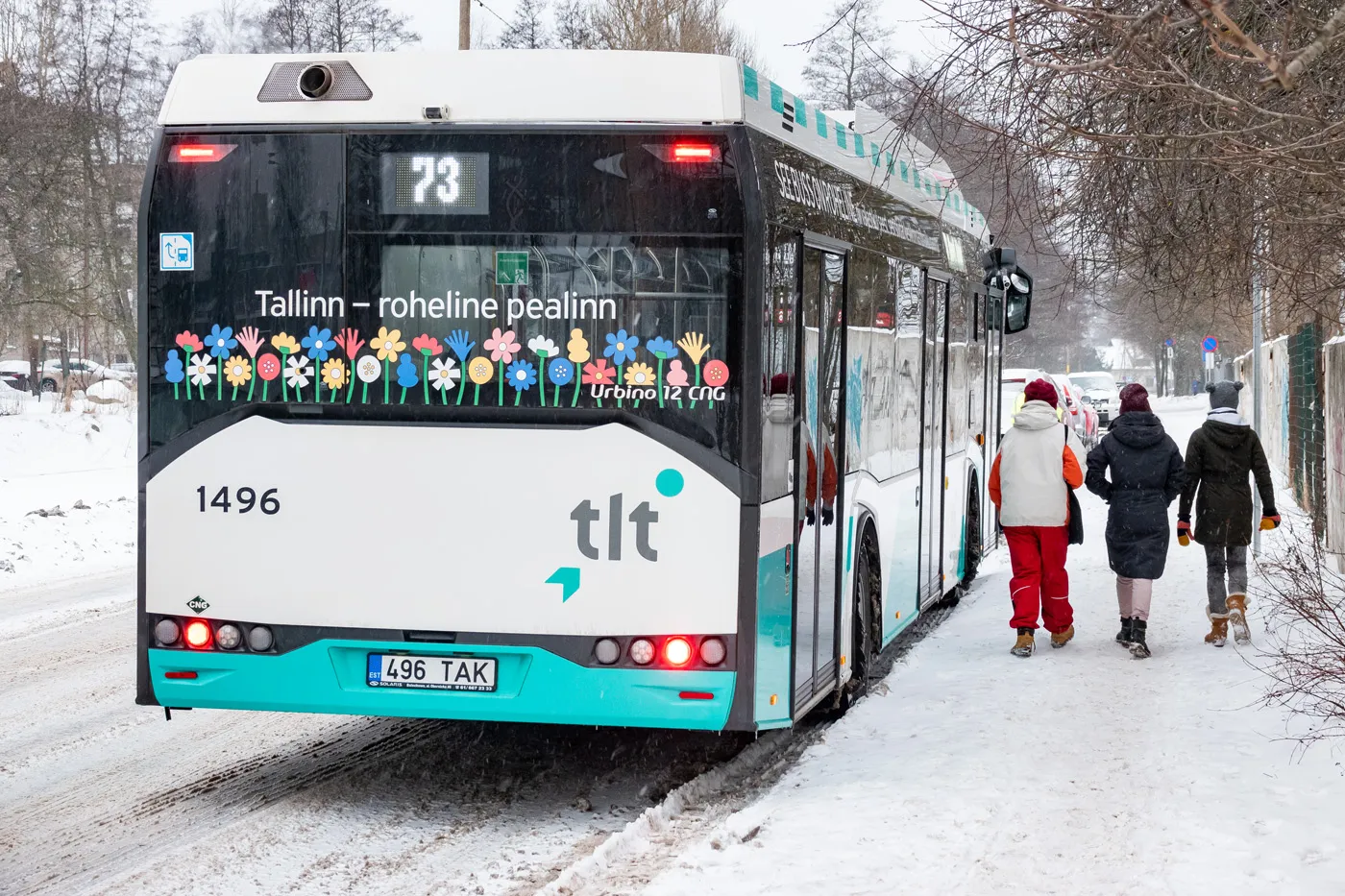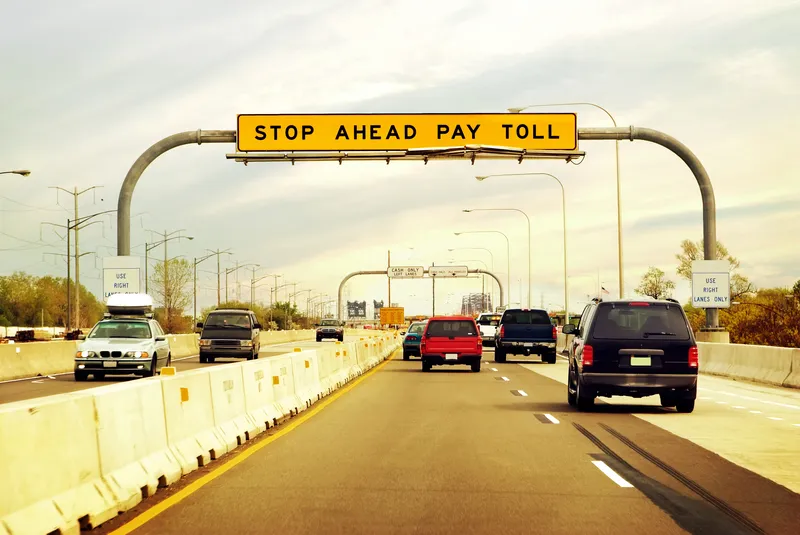SKRIBT, a research project which is part of the ‘Research for Civil Security’ programme funded by Germany's Federal Ministry of Education, has focused on protecting critical bridges and tunnels. PTV, which was one of the research project's 10 consortium partners, says the knowledge and expertise gained from this project have been used for the company’s traffic simulation tool VISSIM.
SKRIBT (Schutz kritischer Brücken und Tunnel im Zuge von Straßen) analysed threat scenarios, such as storm, flooding, expl
April 16, 2012
Read time: 3 mins
SKRIBT, a research project which is part of the ‘Research for Civil Security’ programme funded by Germany's 4906 Federal Ministry of Education, has focused on protecting critical bridges and tunnels. 3264 PTV, which was one of the research project's 10 consortium partners, says the knowledge and expertise gained from this project have been used for the company’s traffic simulation tool 3989 Vissim.
SKRIBT (Schutz kritischer Brücken und Tunnel im Zuge von Straßen) analysed threat scenarios, such as storm, flooding, explosion and fire for tunnels and bridges. "The team of Professor Dr. Paul Pauli and Professor Dr. Andreas Mühlberger at the University of Würzburg, has developed a psychological model showing how people react to the specific conditions in case of a tunnel fire," says Dr. Tobias Kretz, a pedestrian simulation expert and VISSIM product manager at PTV Germany. "This includes emergency exit signs which may be invisible due to heavy smoke or which are hidden behind large vehicles."
Further aspects, such as the mental state of people involved in a tunnel fire, also play an important role: for example, some people may no longer be able to see the signs and try to reach the tunnel entrance instead of using the emergency exit to get to a safe area. Others may feel safe and stay in their cars or do not get out early enough. All these scenarios are included in the computer-based simulation model, allowing experts to analyse and visualise the scenarios in order to make appropriate decisions.
According to a study published by the1938 German Federal Highway Research Institute in spring 2011, 42 per cent of those surveyed assumed that they would have more time to leave the tunnel than they actually have in case of fire. "The best case scenario is for tunnel users to self evacuate. People involved in a fire will only have a few minutes to escape," says Mayer. But it often takes longer for rescue services to arrive at an accident site.
These aspects were analysed by the SKRIBT project partners. For example, the experts investigated measures to improve escape route signposting. People involved in emergency situations must see, understand and interpret signs immediately to be able to make their decisions," explains Mayer.
SKRIBT only considered specific events. Secondary and overlapping events have so far not been part of the research project. For example, what happens if there is a flooding along with a storm and a bridge gets flooded? This kind of scenario is not dealt with in SKRIBT. However, the next project SKRIBT+, which is due to start in autumn, intends to enhance the models, in particular escape models.
SKRIBT (Schutz kritischer Brücken und Tunnel im Zuge von Straßen) analysed threat scenarios, such as storm, flooding, explosion and fire for tunnels and bridges. "The team of Professor Dr. Paul Pauli and Professor Dr. Andreas Mühlberger at the University of Würzburg, has developed a psychological model showing how people react to the specific conditions in case of a tunnel fire," says Dr. Tobias Kretz, a pedestrian simulation expert and VISSIM product manager at PTV Germany. "This includes emergency exit signs which may be invisible due to heavy smoke or which are hidden behind large vehicles."
Further aspects, such as the mental state of people involved in a tunnel fire, also play an important role: for example, some people may no longer be able to see the signs and try to reach the tunnel entrance instead of using the emergency exit to get to a safe area. Others may feel safe and stay in their cars or do not get out early enough. All these scenarios are included in the computer-based simulation model, allowing experts to analyse and visualise the scenarios in order to make appropriate decisions.
According to a study published by the
These aspects were analysed by the SKRIBT project partners. For example, the experts investigated measures to improve escape route signposting. People involved in emergency situations must see, understand and interpret signs immediately to be able to make their decisions," explains Mayer.
SKRIBT only considered specific events. Secondary and overlapping events have so far not been part of the research project. For example, what happens if there is a flooding along with a storm and a bridge gets flooded? This kind of scenario is not dealt with in SKRIBT. However, the next project SKRIBT+, which is due to start in autumn, intends to enhance the models, in particular escape models.









